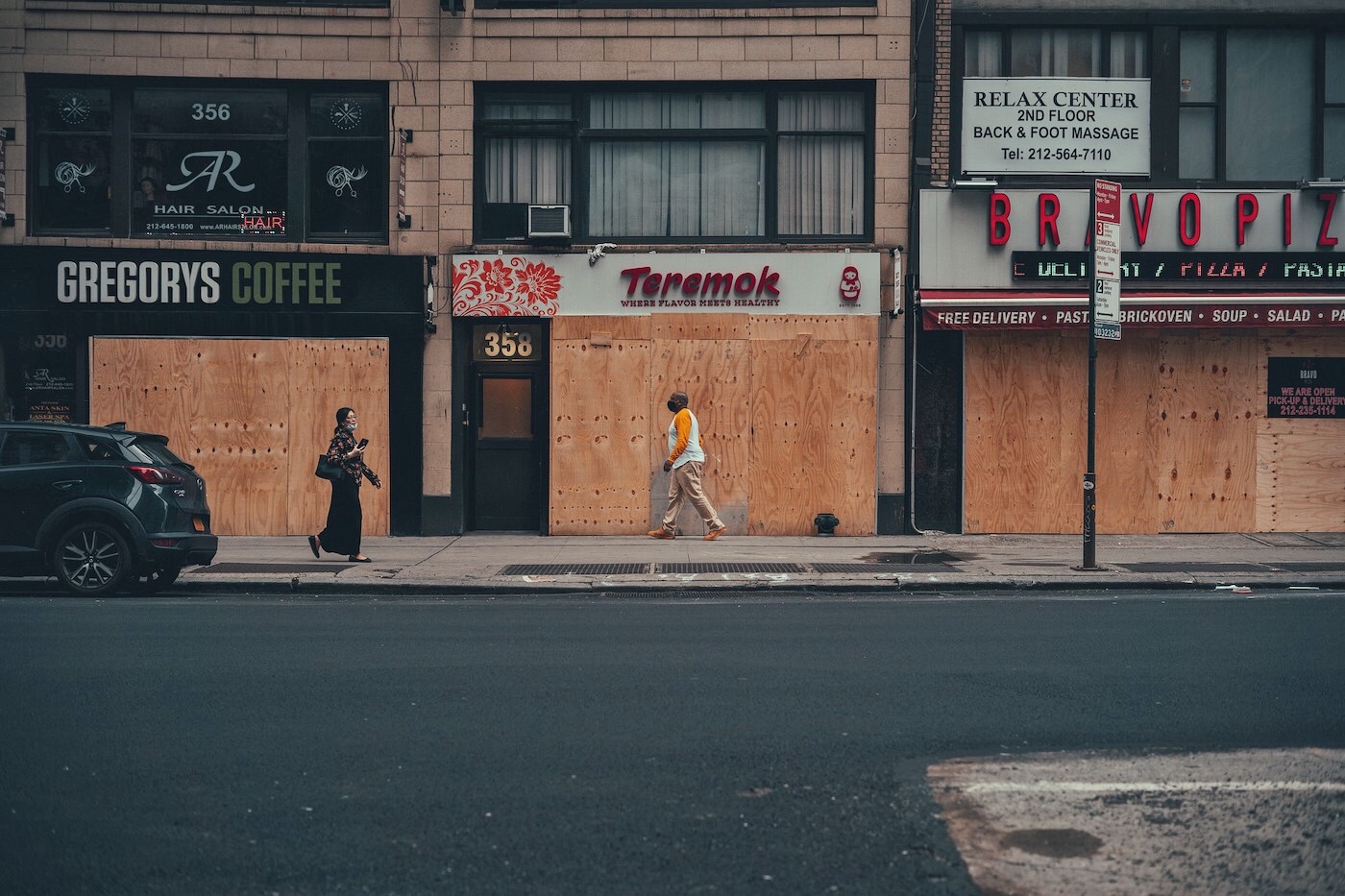As Congress debates the specifics of yet another stimulus bill, President Joe Biden and Sen. Bernie Sanders continue to push for the inclusion a $15 federal minimum wage – a policy that is only likely to prolong pandemic pain for America’s most vulnerable businesses and workers.
As if to confirm such fears, large corporations like Amazon and Walmart have been quick to voice their support for the increase. “It’s time to raise the federal minimum wage,” writes Amazon’s Jay Carney, boasting of their decision to increase wages in 2018. “We believe $15 an hour is the minimum anyone in the U.S. should be paid for an hour of labor. We also believe it’s good for business.”
But while it may be “good for business” for Amazon, such an increase will pose significant challenges for others, particularly smaller businesses and those operating in low-cost states. According to one study, “Roughly half the minimum-wage workforce is employed at businesses with fewer than 100 employees, and 40% are at very small businesses with fewer than 50 employees.”
According to the latest analysis from the Congressional Budget Office, the proposed Raise the Wage Act would eliminate an estimated 1.4 million jobs while increasing the federal deficit by $54 billion over the next 10 years. This doesn’t even account for the indirect ways such a policy is likely to drive automation, squeeze consumers with higher prices, and reduce gross domestic product.
As Timothy Carney explains in The Washington Examiner, it’s yet another example of “regulatory robbery,” wherein government and large corporations collaborate together to diminish opportunity and economic diversity. For those truly concerned about the roots of economic inequality and the pressing problems of poverty, this is a leading problem.
“Amazon and other giant corporations often lobby for costly labor regulations and mandates in order to kill their competitors,” Carney writes. “Uber has recently argued that states should require all gig companies to provide medical and disability coverage for injuries incurred on the job, and Walmart was an early supporter of Obamacare’s employer mandate in health insurance.”
There are many reasons to oppose such an increase. By taking a one-size-fits-all approach to prices, we ignore their functional role as signals for service. In doing so, we diminish our ability to specialize and imagine new possibilities and partnerships across the economic order.
But given the decline of American communities and the particular economic problems of the pandemic, the collusion among large corporations makes the destruction all the more painful and perverse. At a time when online shopping and fast-food behemoths are booming – and independent retailers and restaurants are struggling to survive – such an approach gets things backwards with remarkable precision, working to erode economic diversity and accelerate decline where help is needed most.
As Carney explains, the fruits will not be purely “economic” in nature. By using the government to kick “Main Street” businesses when they’re already down, our government is poking at things far more profound than mere “jobs,” “wages,” or static little storefronts:
So the corner store that somehow has survived the pandemic and decades of competition from Amazon may pay a local college student $7.25 an hour to stock shelves. If you outlaw that job, you may help Amazon, but you also hurt that college student and that mom and pop. What’s more, you hurt the community.
Brick-and-mortar stores on Main Street draw people to Main Street. When people walk up and down Main Street, they bump into neighbors, they stop in at the coffee shop. Their children run into other children. These unplanned and serendipitous encounters are the building blocks of tight-knit communities.
The car-centric, inhuman sprawl caused by Robert Moses, Walmart, zoning laws, and yes, Amazon, makes it easier for most people (those with cars and who don’t have car-seat-aged children) to shop and harder for others (those without cars and who have to buckle the baby, unbuckle, and rebuckle, re-unbuckle, et cetera). It has also eroded communities by reducing how much people know their neighbors.
For those who claim that these policies are designed to help the “little guy,” the irony abounds.
To be clear, such policies have also proved disastrous for employees of large corporations, as well as businesses in high-cost metropolitan areas like Seattle. What more damage might they achieve in areas that face greater vulnerabilities? The possibilities for unseen negative effects are virtually endless.
Some would argue that these risks are mostly due to other “outside forces” — globalization, automation, and innovation — and in many ways they are. But it’s one thing if a business closes due to natural forces, based on authentic prices and uninhibited competition among freely operating enterprises and institutions. It’s quite another when such disruption is unnecessarily forced or accelerated by the hands of the federal government.
As the cheers of Amazon and Walmart make clear, this is not “creative destruction,” properly understood. This is cronyism of a certain sort, and our most vulnerable communities are in the crosshairs.

